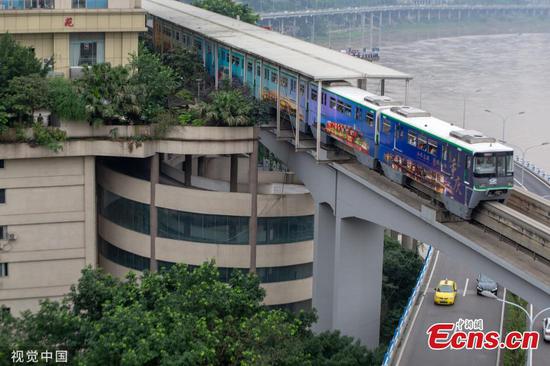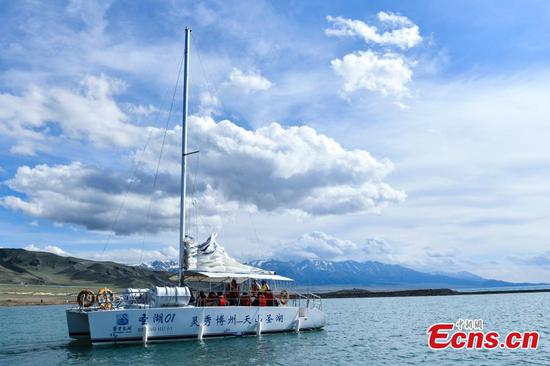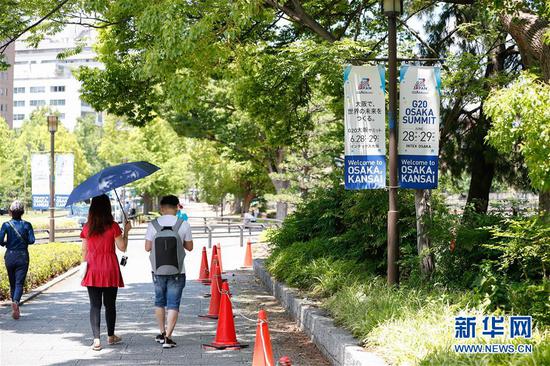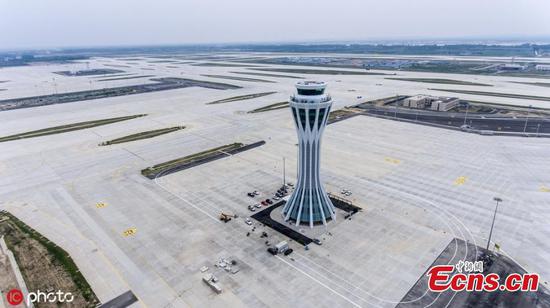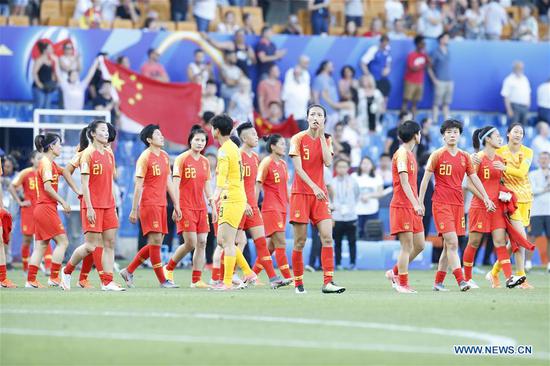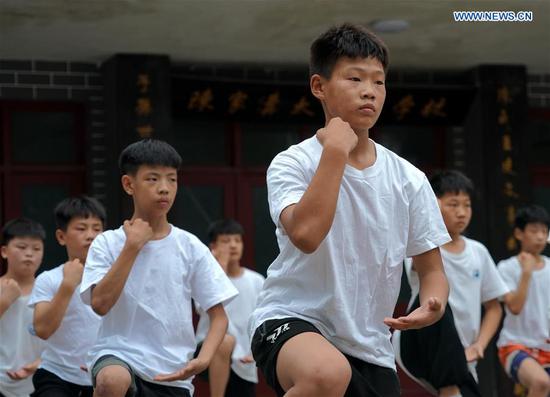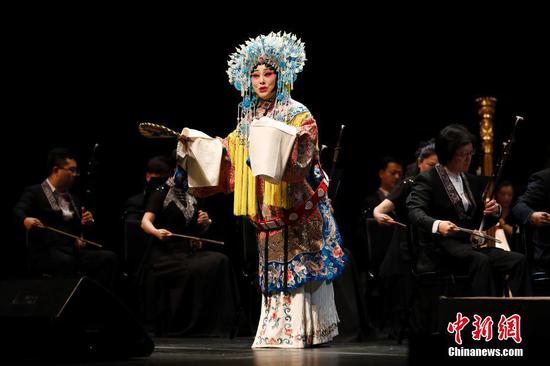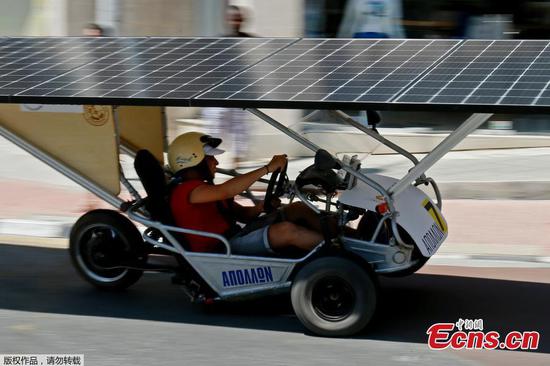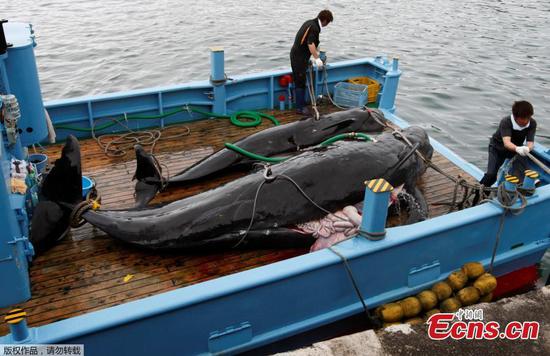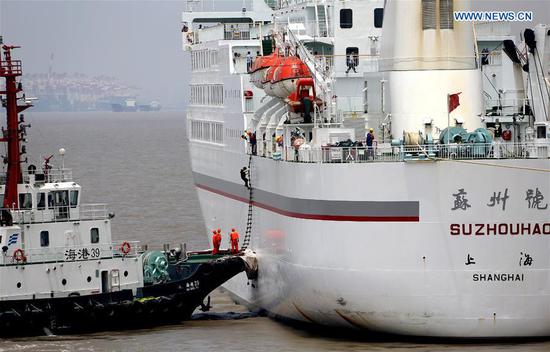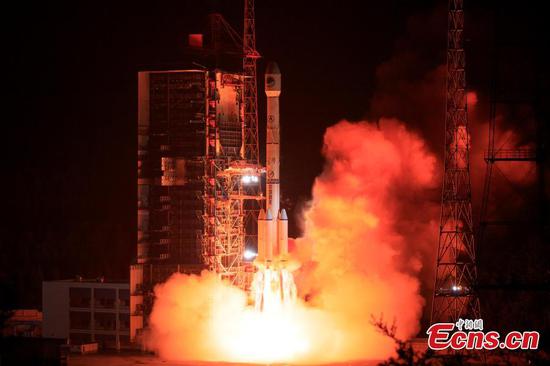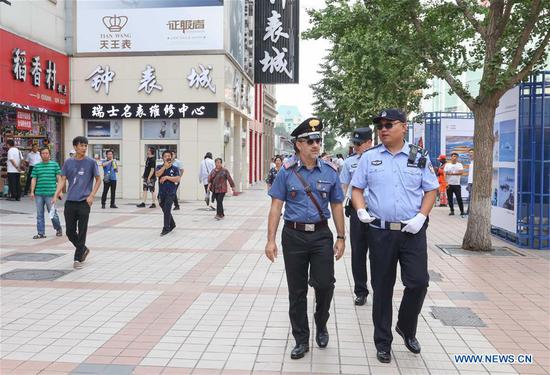Mutual interests lead to new growth points
Shen Haitao, a professor at Northeast Asian Studies College, Jilin University
Due to rising trade protectionism and unilateralism in some parts of the world, and global uncertainties as a consequence, China and Japan have been motivated to promote multilateralism and strengthen regional cooperation. By deepening cooperation, the two sides can help meet their respective needs for economic growth, as well as promote globalization and safeguard regional stability.
Trade issues are expected to be high on the G20 Summit's agenda, not least because Japan's exports in May fell 7.8 percent year-on-year-the sixth monthly decline in a row-amid Sino-US trade frictions and their negative impact on the global market. Earlier this month, Japanese Finance Minister Taro Aso said that, by imposing punitive tariffs on imports, the US is not only harming countries that are promoting globalization and free trade but also itself.
International relations are another area that demands urgent cooperation. Japan is seeking to use the G20 Summit in Osaka to enhance its influence in regional governance and therefore play a bigger role in resolving regional issues, such as the disputes between Beijing and Washington, and the Korean Peninsula denuclearization issue.
And since China and Japan both benefit from the multilateral trade system and the regional security mechanism, they should expand cooperation in trade and security.
With Tokyo set to host the Olympic Games next year and the Japanese elections scheduled for 2021, Japan is more than eager to maintain regional stability, which in turn prompts it to strengthen communication and boost cooperation with China. As for broader regional development, the Belt and Road Initiative can dovetail with the Japan-proposed investment cooperation plan to develop infrastructure in Central Asian countries.
The views don't necessarily represent those of China Daily.











